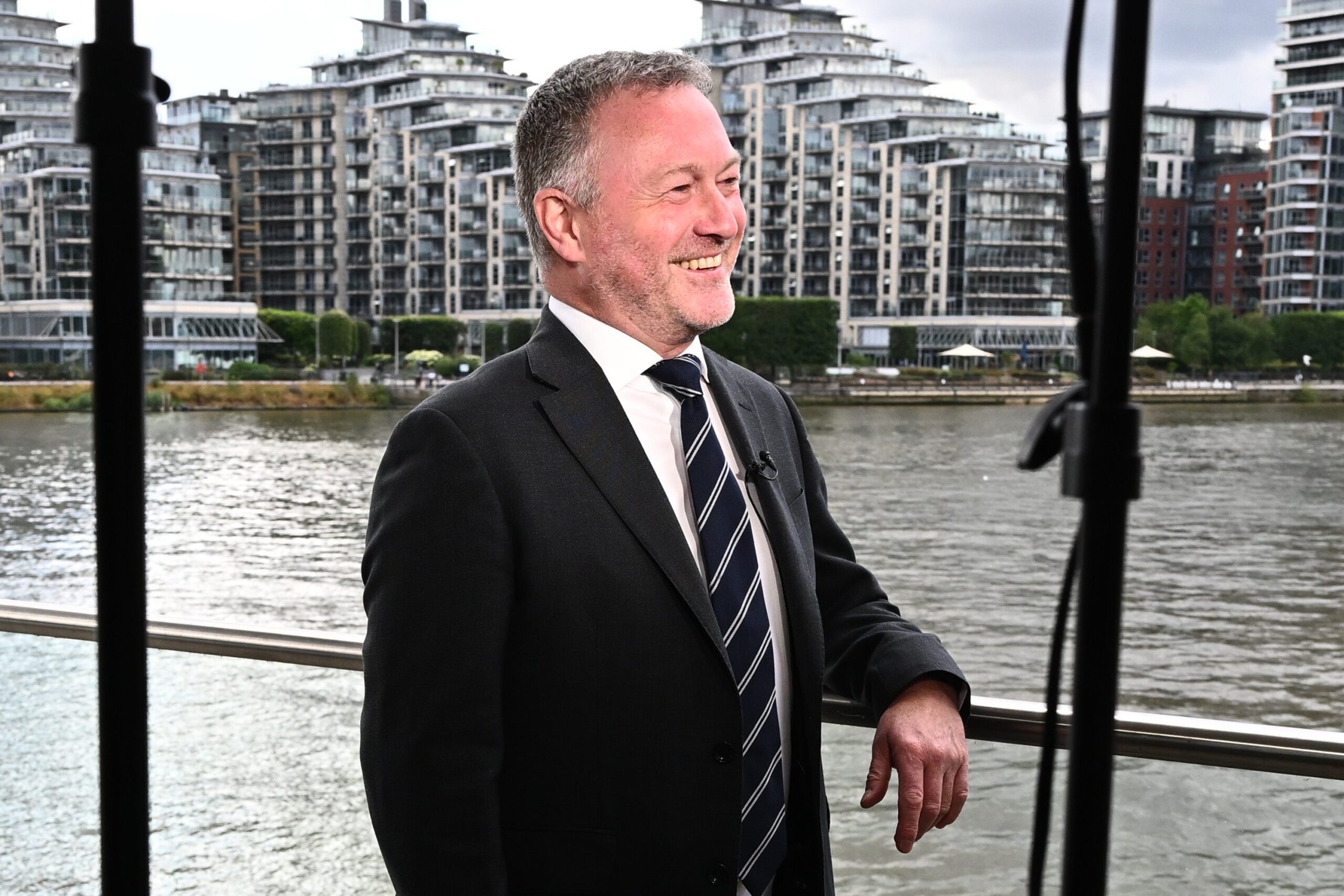The proposed locations of a dozen new towns to be built in the UK are revealed as Labour pledges to begin work within the next few years.
New housing secretary Steve Reed has committed to 12 new developments, confirming the three “most promising sites” where work will begin before 2029.
These will be in Tempsford in Bedfordshire, Crews Hill in Enfield, and Leeds South Bank.
All of the dozen new towns are expected to have at least 10,000 homes, and could collectively result in 300,000 houses being built across England.
The planned developments vary in scope and size, ranging from “standalone settlements” to “densification” of existing urban areas.
Speaking at Labour’s conference in Liverpool, Mr Reed said: “We know that national renewal depends on the renewal of every town, village and community that makes up our great country.
“We’ll build the homes people need. We’ll build the communities where they can thrive. We’ll bring in the investment and the jobs that will open up opportunities.”
In its manifesto, Labour pledged to begin work on 1.5 million new homes over the course of the Parliament, to expand homeownership to more Britons.
The locations for the new towns were recommended by the New Towns Taskforce, as commissioned by the government. Although it is expected that ministers will take forward the recommended locations, the final plans have not been confirmed.
Here is the taskforce’s overview of the proposed locations:
Adlington, Cheshire East
A standalone settlement in Adlington, Cheshire East, to serve the growing industries in Greater Manchester and Cheshire as identified in the government’s industrial strategy.
Brabazon and the West Innovation Arc
A corridor of connected development in South Gloucestershire, across Brabazon and the West Innovation Arc, building in one of the highest productivity areas in the country with a high-value research, advanced engineering and technology economy.
Chase Park and Crews Hill, Enfield
An expanded development bringing together Chase Park and Crews Hill in Enfield, delivering green development and helping address London’s acute housing need.
Heyford Park, Oxfordshire
Redevelopment of the former airbase at Heyford Park in Cherwell, connecting to Oxford and building on the existing progress and commitment to high-quality placemaking, referencing the area’s past and supporting its future in innovative technology industries.
Leeds South Bank
Urban development in Leeds, catalysing on the city’s existing economic prospects and capturing the benefits of the government’s £2.1 billion local transport funding allocation for the combined authority by delivering well-connected, high-quality homes in the South Bank to support the city centre.

Manchester Victoria North
Inner-city development and densification in Manchester, Victoria North, supporting continued growth and attracting high-skilled workers to service the city’s diverse industries.
Marlcome, East Devon
A standalone settlement in Marlcombe, East Devon, strengthening the region’s labour supply and supporting the Exeter and East Devon Enterprise Zone.
Milton Keynes
A “renewed town” in Milton Keynes, reinvigorating the city centre and expanding to the North and East whilst reshaping the way people travel, by delivering a mass rapid transit system.
Plymouth
Densified development in Plymouth, evolving Britain’s “ocean city” and capitalising on the government’s £4.4 billion investment in HMNB Devonport, western Europe’s largest naval base.
Tempsford
A new settlement in Tempsford, central Bedfordshire, to maximise the benefits of East West Rail by building a well-connected new town in the heart of the Oxford-Cambridge Growth Corridor.
Thamesmead, Greenwich
The creation of a riverside settlement in Thamesmead, Greenwich, unlocking inaccessible land in the city and improving connectivity, if the proposed extension of the Docklands Light Railway can be delivered to enable the development.
Worcestershire Parkway, Wychavon
Expanded development at Worcestershire Parkway, Wychavon, accelerating delivery around the existing train station to help meet regional housing needs and act as a model for sustainable, carbon-neutral development.
